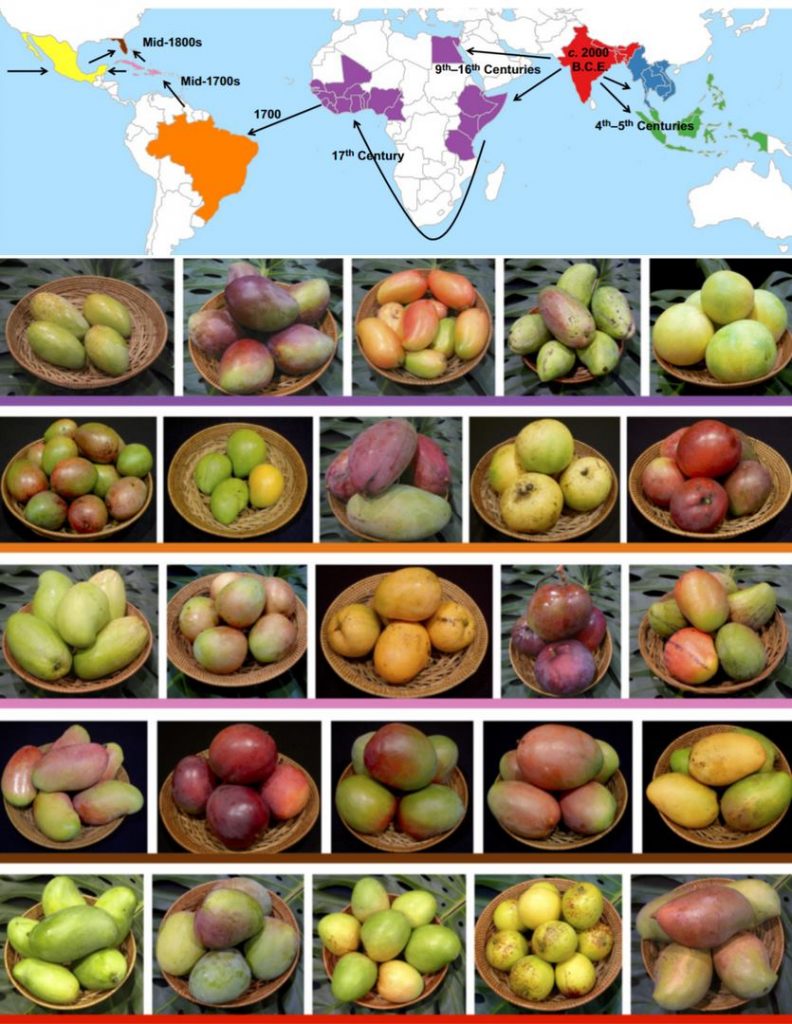
Population genomic analysis of mango suggests a complex history of domestication ($) (New Phytol)
Plant Science Research WeeklyMango trees have been cultivated for approximately 4000 years which places their domestication in the same timeline as that of walnut, peach, sweet orange, lychee, citron, sweet orange, lemon, and jujube. Throughout the process of domestication, most crops undergo severe bottlenecks which decrease genetic…
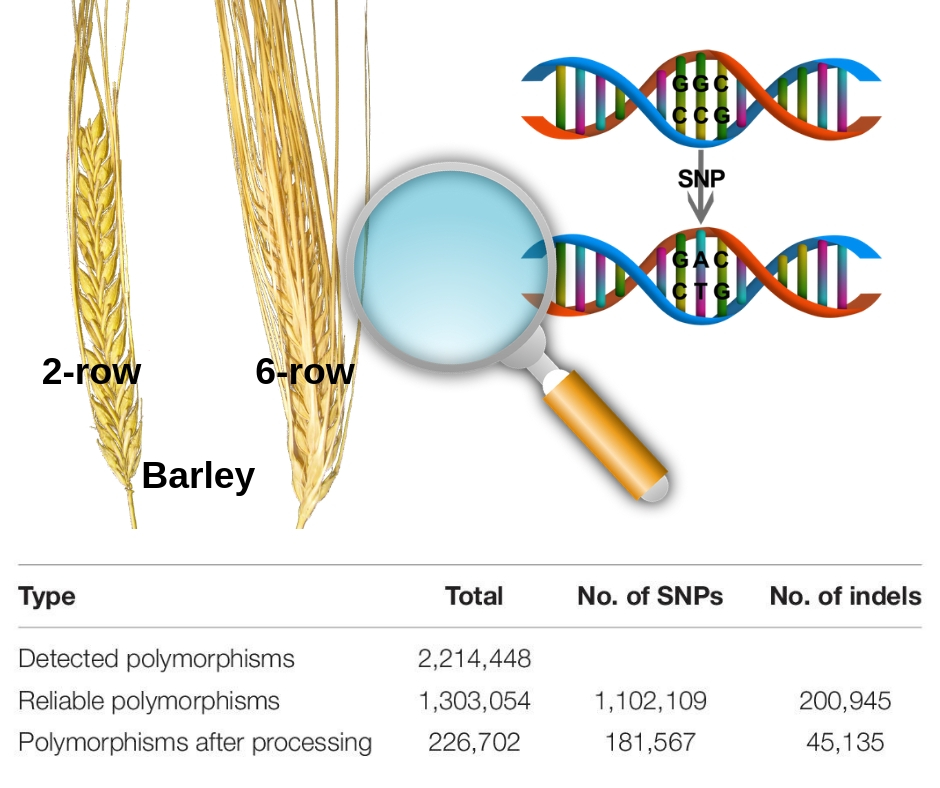
Development of genome-wide SNP markers for barley via reference- based RNA-Seq Analysis (Front Plant Sci)
Plant Science Research WeeklyThe availability of marker-assisted systems is key for crop improvement, allowing trait selection by identifying consensus polymorphisms. However, for discriminating between related strains, these DNA markers are limited, time-consuming and expensive. Here, Tanaka et al. developed a RNA-Seq-based genotyping…
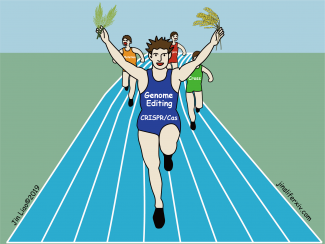
Review: CRISPR/Cas genome editing and precision plant breeding in agriculture (Annu Rev Plant Biol) ($)
Plant Science Research WeeklyTo fulfill global food demand in the near future, plant researchers keep pursuing simpler and faster crop breeding strategies. CRISPR/Cas systems have been developed as a powerful tool for plant genome editing. In this review, Chen et al. highlight in detail advances in CRISPR/Cas9 and its variants and…
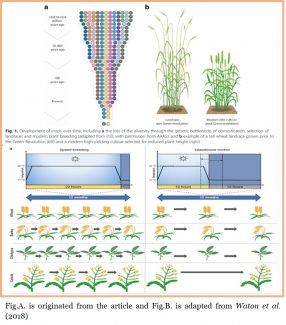
Q&A: Modern crop breeding for future food security (BMC Biology)
Plant Science Research WeeklyThe demand for plant-based products will increase and must be doubled in the near future. Therefore, there is need for technological advancements and skillsets in all fields related to agriculture to successfully produce more efficiently than now. What could be done to speed up production to meet the…
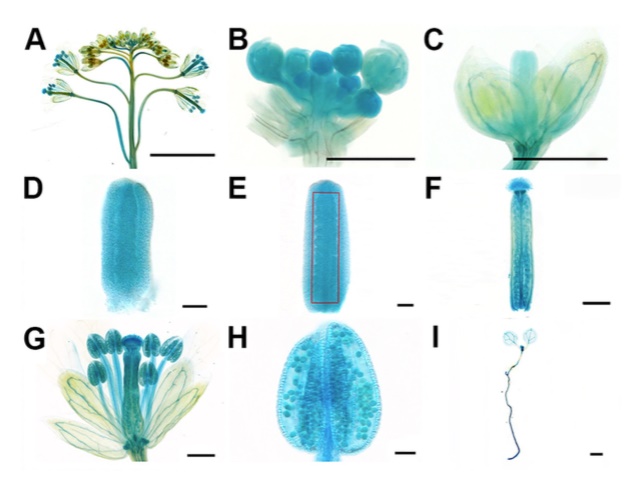
NERD1, a novel regulator of ovule number in Arabidopsis (PLOS Genetics)
Plant Science Research WeeklySeed number is a critical component of crop yield; the number of ovules determines the number of seeds. Ovule initiation in the carpel margin meristem (CMM) is controlled by genetic (i.e., AINTEGUMENTA, LEUNIG, SEUSS) and hormonal factors (auxins, cytokinins, gibberellins, and brassinosteroids). Most…

EU regulatory approach to directed mutagenesis: consequences for international trade and potential steps forward (New Phytol)
Plant Science Research WeeklyThe seed sector, and particularly plant breeders, are responsible for providing farmers with new plant varieties able to overcome challenges such as climate change, water restrictions or plant pests. In order to do their job, breeders have a collection of tools at their disposal. Among these are traditional…
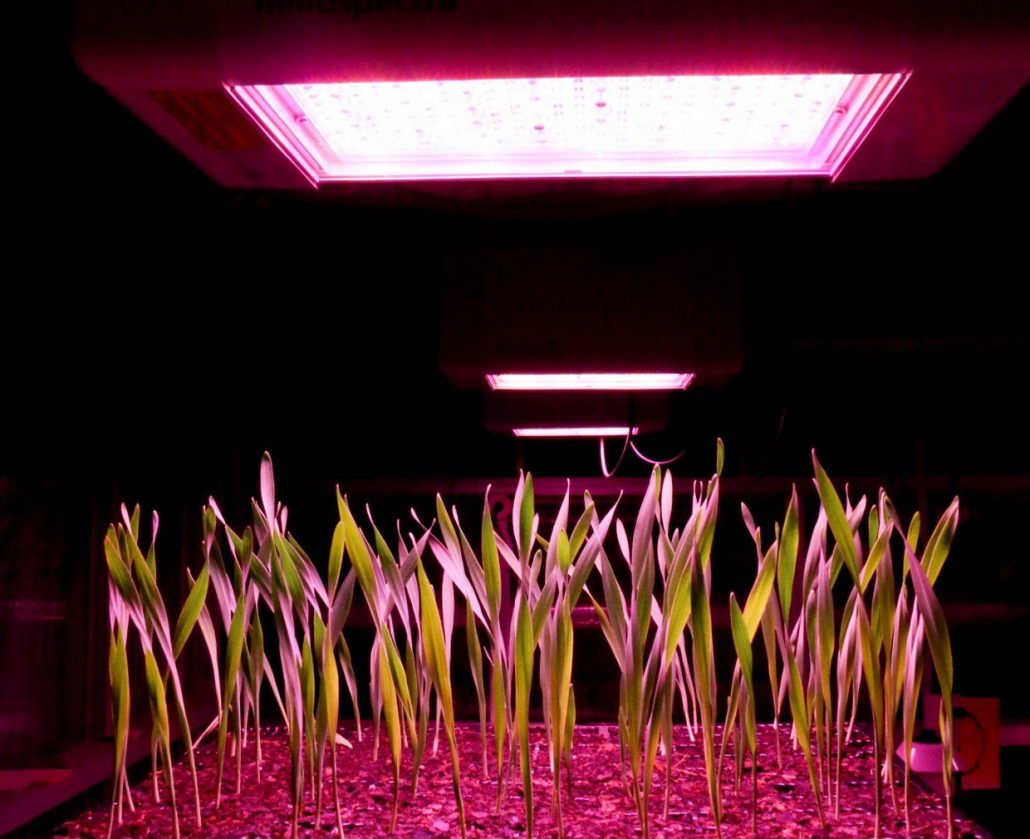
Speed breeding is a powerful tool to accelerate crop research and breeding (Nature Plants) ($)
Plant Science Research WeeklyAccelerated development of improved plant varieties is imperative to meet the ever-growing needs in the agri-food sector. Breeding has been a durable solution for developing elite cultivars; however, the entire process is time-consuming and labor-intensive. Here, Watson et al. demonstrated how extending…

Sunflower pan-genome, evidence for hybridization-altered disease resistance ($)
Plant Science Research WeeklySunflower (Helianthus annuus L.) is an important oil-producing crop, which was domisticated in North America about 4000 years ago with elite varities being developed through the 19th and 20th centuries, narrowing its genetic variation. It retains the ability to hybridize with wild relatives, providing…
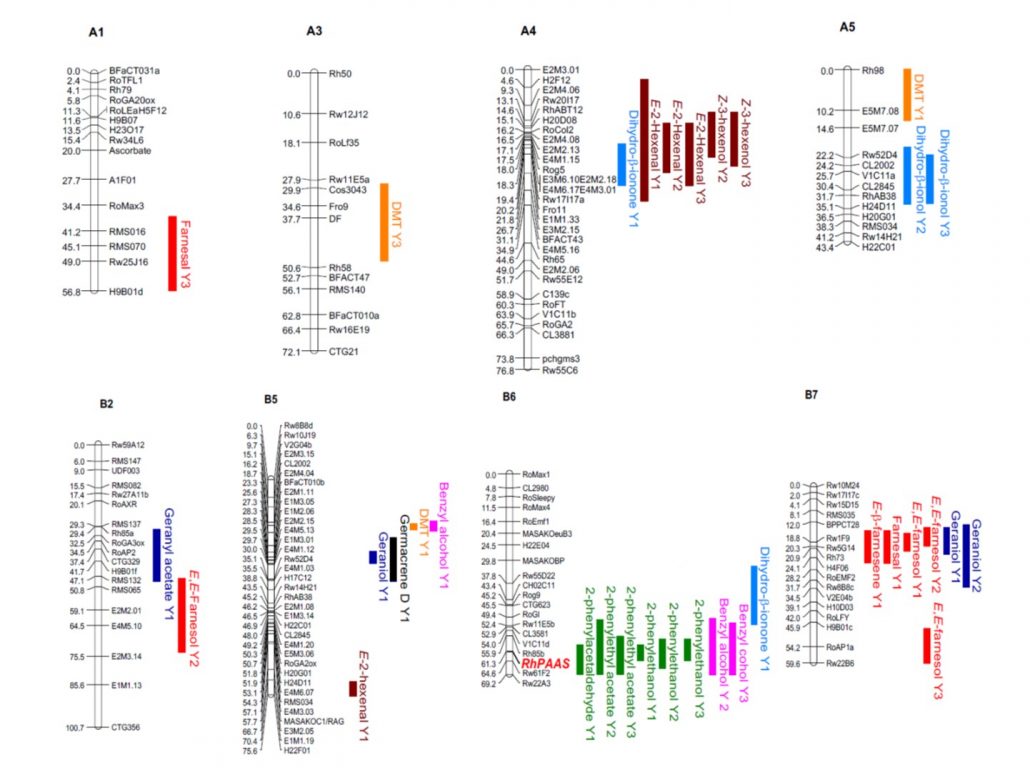
Genetics of rose petal fragrance: RhPAAS and 2-phenylethanol (Plant Phys)
Plant Science Research WeeklyIn Romeo and Juliet, Shakespeare wrote, “that which we call a rose, by any other word would smell as sweet,” but the truth is, most roses today don’t smell as sweet as the ones Shakespeare described; selection for prolonged cut flower life has largely been at the expense of fragrance. Roccia seek…

